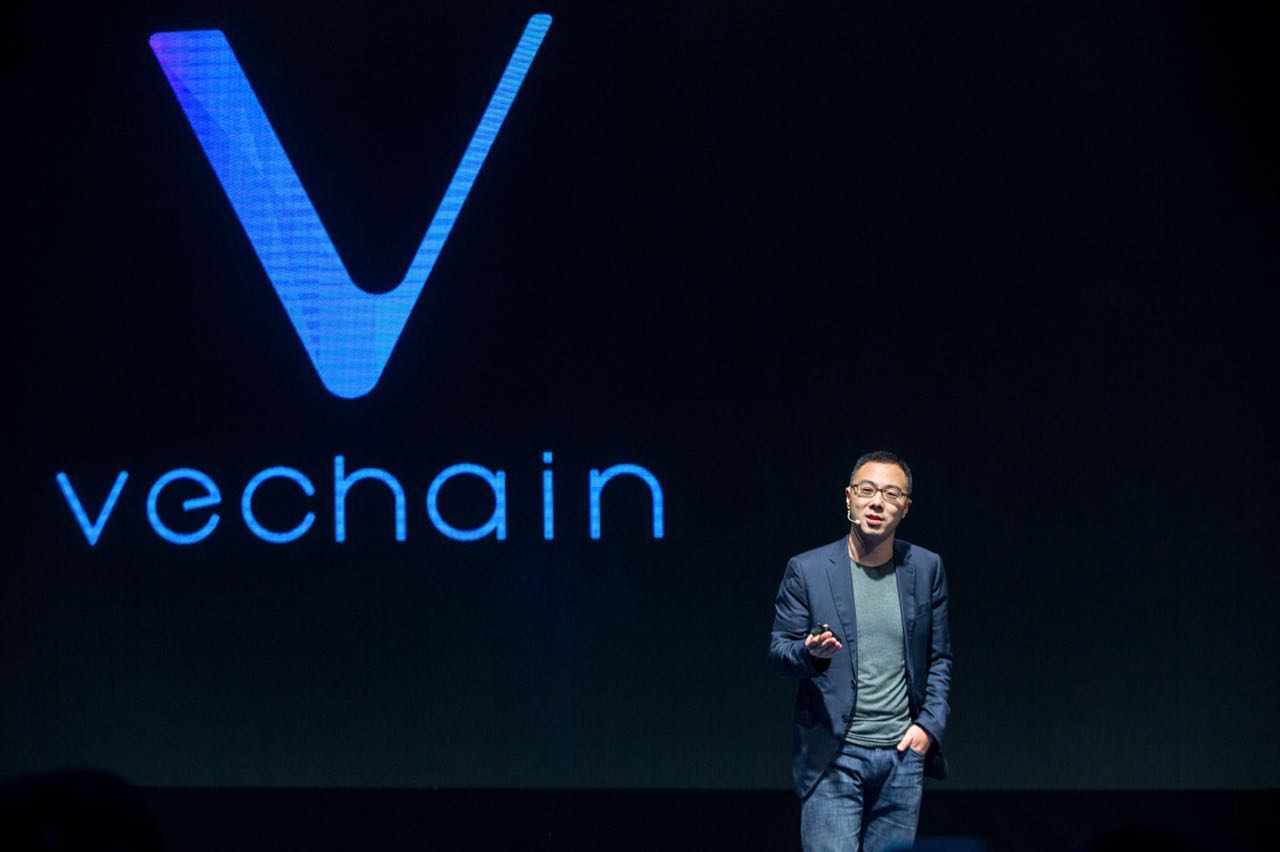Trezor
A subsidiary of Satoshi Labs, Trezor manufactures hardware wallets where users’ private keys are stored in the device.
Satoshi Labs was founded by Pavol Rusnak and Marek Palatinus, and produced the first Trezor prototype in 2012. They launched Satoshi Labs in 2013 and also began fundraising. Trezor offers two products, the Model T and Trezor One. The first generation Trezor One contains two physical buttons and a screen, while the Model T is a second generation product with a touchscreen. The two devices are nearly identical in functionality and security. The first Trezor One devices shipped in 2014, and a next-generation model was released in 2016.
Trezor wallets are compatible for both computers and mobile phones, supporting the Android, IOS, Linux, and Windows operating systems. Each device is compatible with hundreds of cryptocurrencies, including bitcoin, XRP, litecoin, bitcoin cash, tether, monero, zcash, ether and all ERC-20 tokens.
To access a Trezor device, users are prompted for a password or pin for authentication. Trezor offers a password management function cross-compatible with Google chrome, in an attempt to make their products more user friendly. For increased security, two-factor authentication is also available to consumers. Trezor additionally offers support for those that have lost passwords, request returns, or have general questions.









